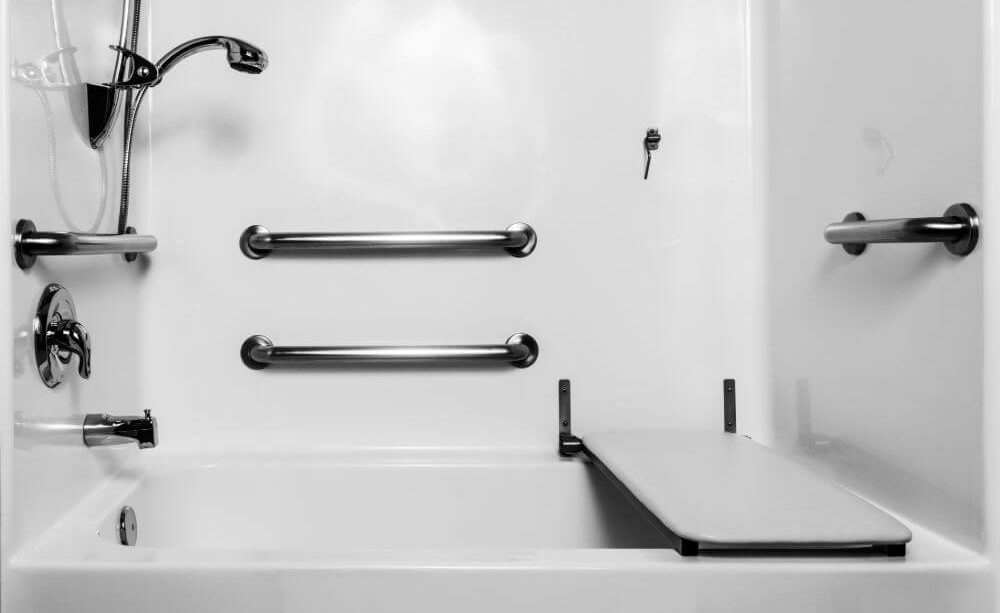Top Tips on Safe Assisted Showering and Bathing
Older adults are unfortunately more likely to experience injuries while falling in a bathroom. Declining mobility and cognition can turn simple tasks into hurdles. Eventually some people need assistance showering and bathing.
These tasks can present a significant hazard. Hard and wet surfaces in small bathroom spaces increase the severity of a simple fall.
Environment
By taking control of the environment, you can put safeguards in place for the resident and yourself
Ways to improve conditions include:
- Install handrails, providing support. Try to keep them dry
- Have everything ready, items like towels, soap, transfer and turning aids should all be accessible, to avoid leaving the person unattended. Ensure that none of these are obstructions or tripping hazards
- Ensure the bathroom is well lit, providing maximum visibility during bathing times
- If standing is an issue have the specialised equipment available, shower chairs are commonly used. A shower hose will allow for more control of waterflow
Floor
A bathroom floor can be a disaster area for accidents. Ensure that the floor is clear of objects (including clothes, towels & bathroom scales) to minimise the potential for slipping. Consider using anti-slip mats. Also ensure that the bathroom is well lit, providing maximum visibility during bathing times.
Shower and Baths
Specific modifications and accessories can be used to increase the safety and comfort of the shower. Grab bars can be strategically installed to assist with movements around the shower; shower seats and mobility aids can be used to minimise the chances of falls and injuries and shower wands can be installed to use while using shower seat. You may also want to change the hot water limit to about 40°C to avoid scalding temperatures. Consider other needs for hot water when making this choice. Some people will opt for baths instead of showers. As with showers, there are specialised designs to help those requiring mobility or any other assistance. It will be a significant investment, so consider the needs and capabilities of both patients and carers when choosing.
Physical and Mental Wellbeing
Injuries can also result from a lack of physical health or induced mental stress. It is recommended that maintaining a healthy and active lifestyle will help to maximise flexibility and muscle strength, while minimising the chance of falling due to body weakness. It is also recommended that shower tasks are avoided during tired, rushed or stressed moments as these decrease focus and increase fall risk. Establishing a consistent routine for showering will help counter this. If one does experience fatigue-related symptoms, they should carefully sit down in the installed shower seat. Also ensure that a balanced diet is being consumed, along with drinking plenty of fluids to prevent fatigue & dehydration.
The most important thing to remember is to remove anything that will create a hazard. These tips are general guidelines on how to improve the safety, if you have any concerns regarding assisted living, reach out to our knowledgeable team at CHS Healthcare.

